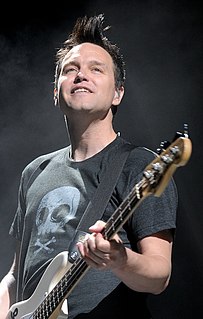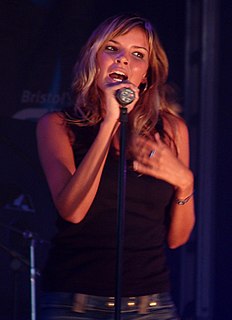A Quote by Gayle Forman
After graduation, I wanted to work for 'Sassy', which I loved, but it had folded. So I wound up at 'Seventeen' for three years on staff and two as a contributor, and I wrote these great stories that nobody ever believes 'Seventeen' does. Serious stories for teens about social justice issues - gun control, migrant farm workers.
Related Quotes
Jack [Kirby] and Joe [Simon] wrote and drew the stories themselves in the beginning and I was just, like, the office boy. But after a while they had more writing than they could handle and I was the only guy around, so they said, "Hey Stan, you think you can write this?" When you're seventeen years old, what do you know? I said, "Sure, I can do it!" And that was it.


































